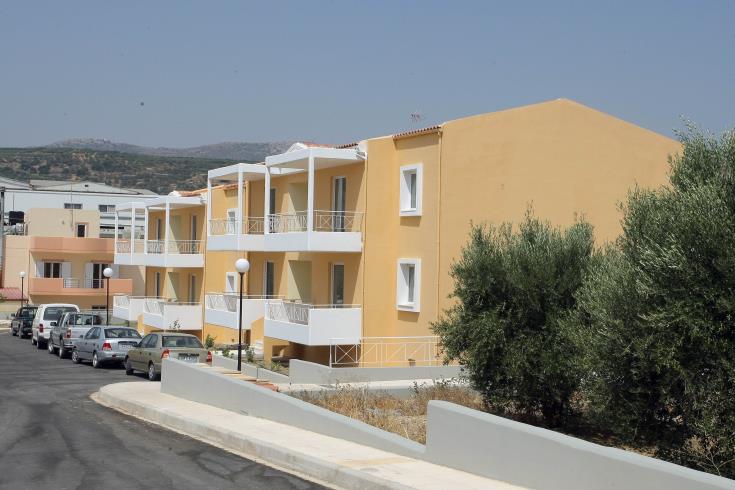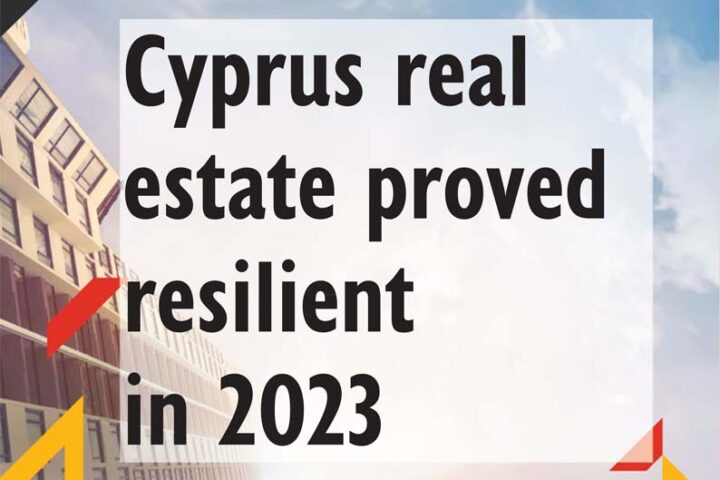It is a fact that there is a shortage of suitable housing units to let as a result of which rental levels have increased over the last couple of years by 20%-30% depending on the location.
The highest rental increases are in Limassol but also for all town apartments near the universities and colleges, as well as units within town centres.
The Government, in its effort to encourage the development of housing units for let, has introduced incentives for those investors who are prepared to develop such units and rent them for at least 8 years.
The incentives are as follows:
- It applies to those areas where their pre-incentive density level is at least 100%. This is wrong since the University of Cyprus, which has a major problem, the immediate area has a density of 80%-90% and as one moves further and further from the University the density increases. This is wrong in our opinion since students wish to reside near the university as possible. As such, most suitable localities are excluded.
- There is a fixed period for the building’s completion which is reasonable.
- It applies to those projects where at least 70% of the total number of units are offered to let.
- The minimum size is now reduced providing smaller units to let (the prevailing sizes are very large in comparison to the affordability of the units). This is a plus.
- For those projects which cannot accommodate full parking, the developer must compensate the local authorities by approximately €2,500-€3,000/parking spot not provided. This is a mistake and it is an antithesis to the incentives/goal.
- Units to-let bear an increased development cost, that of the VAT (which cannot be recouped) amounting to 19%. So, if for an apartment of 100 sqm costs say €150,000, the 19% charge will increase the cost by approximately €29,000 with an expected rental income/return of 4%, it means that the rent will increase by approximately ±€100 p.m. This is wrong. We have suggested to the Government that the VAT should be reduced to 5% and in the event of sale before the 8 years, the developer to pay back the difference (14%).
As circumstances stand, any efforts regarding added developments and affordable rents will not happen before 2 years (permits, construction period etc).
In the meantime, rents will continue their upward direction, making the problem worse since the number of students/renters are increasing at a faster rate than the supply.
This measure must be combined with the statutory rent control law, which protects the tenant from eviction (in case of no rental payment) which discourages investors to let their units.
The new law regarding statutory rents is a move in the right direction.
On the 12.11.2018 we submitted our own proposal to the Minister of Interior giving full details on the subject as well as to the various political parties (no response so far) expressing our reservations on the success of the incentives.
Sure enough, the incentives have failed to attract investors and the Government is now searching for new building relaxations (we hope that this time we will be heard).
Now that deposit rates are at their lowest level and even the introduction of penalties for a deposit, it is time to examine such incentives, although it requires a large amount of investment cash.
The Cyprus property market being small and volatile, such investments require a fallback position in case the market experiences oversupply, increased competition/quality matters.
So do not base the design only on the to-let units but keep in the back of your mind the alternative to sell as freehold such units in the future (be it after the 8-year investment period).
Restrict the design to spacious one-bedroom units and make two-bedroom units suitable for family living (initially this may not be more attractive than the smaller units to let, but the future must be taken into account).










